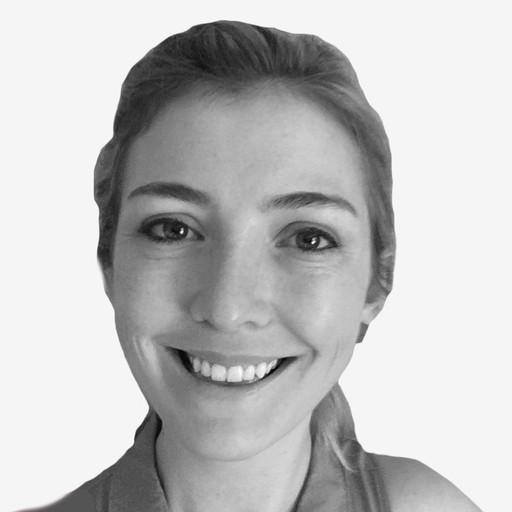Billy Donovan was one of the runaway stars of this year’s NBA playoffs. After accepting the Thunder’s head coaching job in April 2015 on the heels of an ultrasuccessful 19-year stint at the University of Florida, he was oft-questioned toward the beginning of his NBA tenure, and OKC opened an underwhelming 11–8. But that narrative changed this spring: His strategic decisions (benching Serge Ibaka for extended stretches in favor of Enes Kanter, for instance) paid huge dividends in the Thunder’s postseason upset of the Spurs, and he had everything clicking against the Warriors … all up until he didn’t. Donovan, 51, was praised as one of the league’s Bright New Minds; his — and his team’s — future was on an unmistakably upward track.
But now everything has changed again. Kevin Durant — the man around whom the Thunder was built — is gone. Russell Westbrook, who has one year remaining on his contract and is reportedly uninterested in talk of extension, could be traded soon. Oklahoma City, which Vegas gives 50–1 odds to win the 2016–17 Finals, is likely to endure some major growing pains next season, with little hope of keeping up with the ship-crunching whirlpool the Warriors just opened beneath the Western Conference. And while most of the focus following Durant’s decision has been on Golden State or OKC or Russ or Sam Presti or sizzling jerseys or just all-consuming sadness, Donovan’s next step is worth considering, too.
The first question that comes to mind: With NCAA fans — to say nothing of teams — clamoring for Donovan’s return to campus, what incentive would he have to stick around in OKC? The coach has said on many occasions that he was happy at Florida, where he built a program that went 467–186 and won back-to-back national championships, in 2006 and ’07. He has described the Thunder’s 2015 offer as “very unique,” and it’s reasonable to assume that part of the allure was inheriting a playoff-ready team from outgoing coach Scott Brooks, complete with Ibaka and veritable superstars in Durant and Westbrook. With that nucleus falling apart, and with reporters already linking his name to schools like Louisville, would Donovan’s first response be to go back to college?
On the flip side: Will Durant’s departure allow Donovan to prove once and for all that he belongs in the league’s next wave of coaching stars? During the Thunder’s playoff run, he was hailed for showing that success in the NCAA can translate to the NBA. He has frequently been compared to Brad Stevens, who took over the Celtics in 2013 after six seasons spent at Butler, and has already won more playoff games (11) than his Boston counterpart (two). Before Donovan took the job at Florida, the Gators had made just five NCAA tournament appearances; Donovan turned that program into a powerhouse, and it’s conceivable that this Thunder position becoming a project of sorts might hold some professional appeal.
Then there’s the final wrinkle here. Donovan, who reneged on a deal to coach the Magic just one day after taking the job in 2007, has been known to change his mind. So, in an NBA where there’s Golden State and there’s everyone else, who knows what will happen? It wouldn’t be wrong to expect the unexpected.


